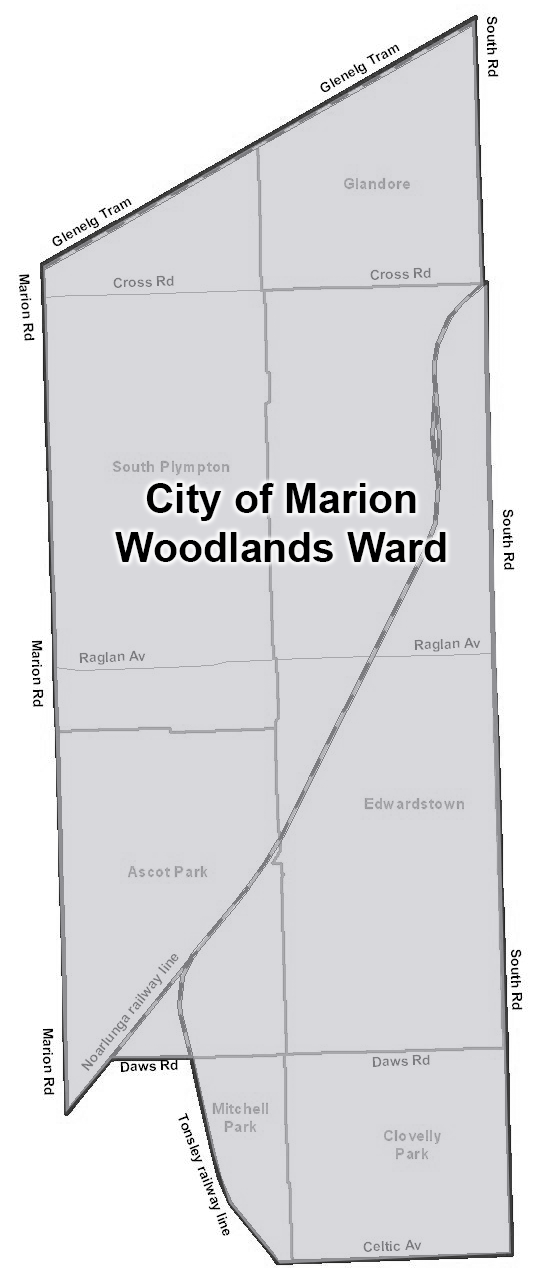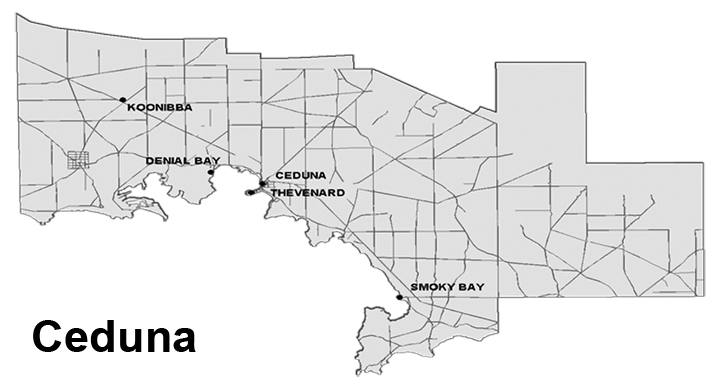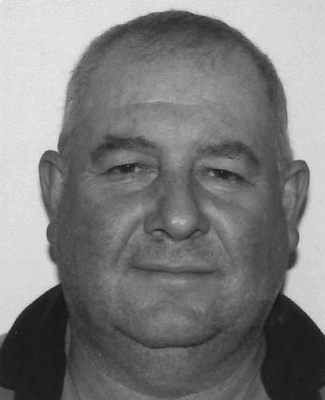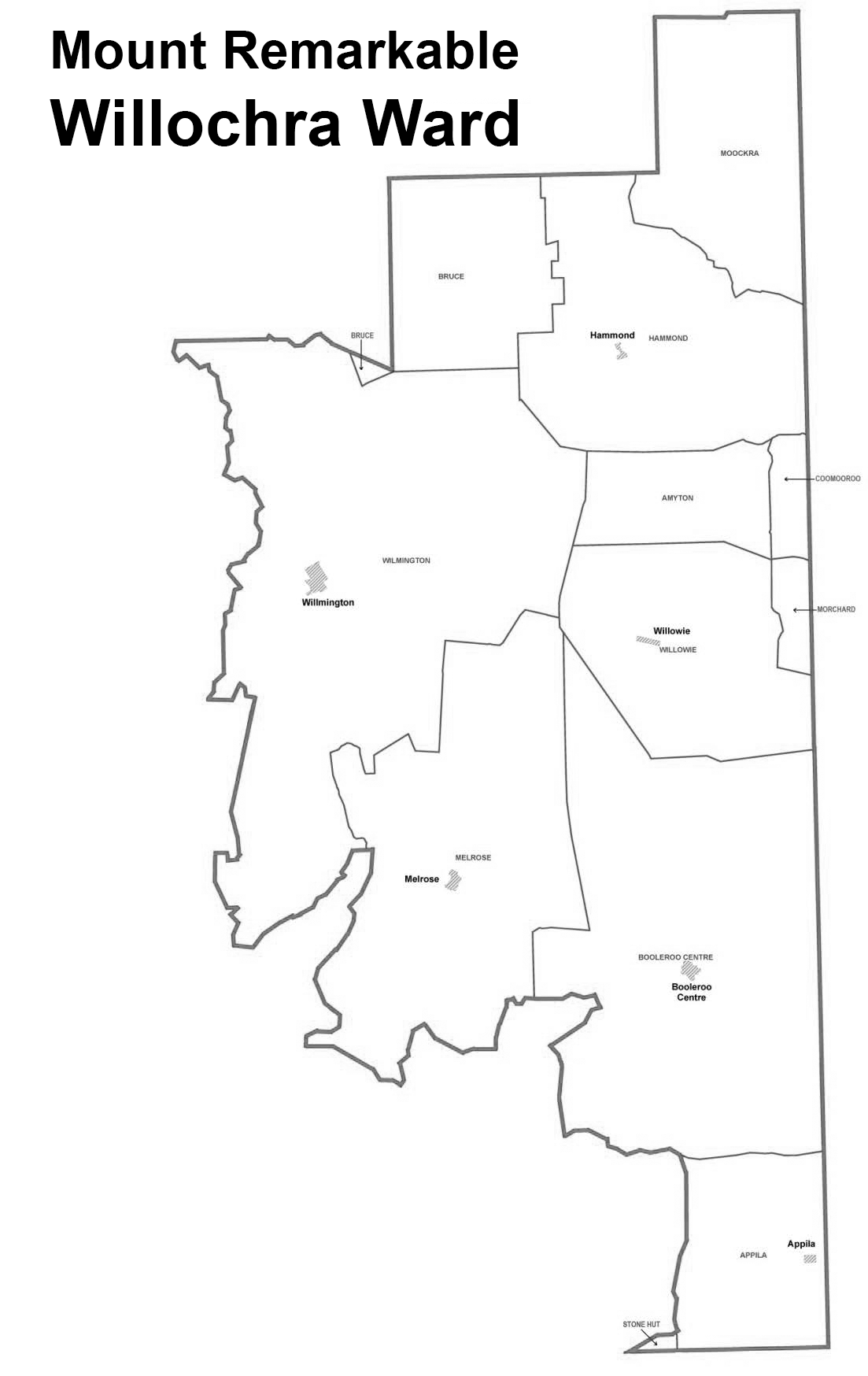Elections
- Details
|
|
|
| Area Councillor 1 vacancy) | |
|---|---|
| Voting closed in the supplementary election on 9 December 2019. | |
| Seven candidates stood in the election: | |
| MILLER, Ian THOMPSON, Julian VERRALL, Franklin Charles MIDZI, Jaison LITHGOW, Kirsty TAYLOR, Matt MASON, Sasha |
|
| The following are the final results for this election, declared at 6:17pm | |
| Elected: |
MASON, Sasha |
| Count Summary | |
|---|---|
| Enrolled voters: | 11048 |
| Envelopes returned: | 1792 |
| Envelopes accepted: | 1749 |
| Envelopes rejected: | 43 |
| Ballot papers not returned in envelope: | 4 |
| Formal votes: | 1735 |
| Informal votes: | 10 |
| Voter participation: | 1792 (16.22% of the total enrolment) |
| Quota: | 868 |
| First preference votes (before distribution of preferences) | |||
|---|---|---|---|
|
Below are the first preference votes received by the candidates in the order they appeared on the ballot paper. Percentages have been rounded to two decimal places. |
|||
| Candidate | First preference votes | Percentage | |
| MILLER, Ian | 428 | 24.67% | |
| THOMPSON, Julian | 100 | 5.76% | |
| VERRALL, Franklin Charles | 102 | 5.88% | |
| MIDZI, Jaison | 276 | 15.91% | |
| LITHGOW, Kirsty | 124 | 7.15% | |
| TAYLOR, Matt | 139 | 8.01% | |
| MASON, Sasha | 566 | 32.62% | |
| Distribution of preferences |
|---|
| After the distribution of preferences MASON, Sasha obtained 869 votes and was elected. To view the distribution of votes refer to the Marion - Woodlands Ward COMPLETED - 9 Dec 2019 (XLS 94 KB) |
- Details
|
|
|
| Area Councillor ( 1 vacancy) | |
|---|---|
| Voting closed in the supplementary election declared at 3:30pm on 9 December 2019. | |
| Seven candidates stood in the election: | |
| NEWMAN, Jason DUNCAN, Peter FERGUSON, Adrian |
|
| The following are the full results for this election | |
| Elected: |
DUNCAN, Peter |
| Count Summary | |
|---|---|
| Enrolled voters: | 4405 |
| Envelopes returned: | 1189 |
| Envelopes accepted: | 1164 |
| Envelopes rejected: | 25 |
| Ballot papers not returned in envelope: | 0 |
| Formal votes: | 1161 |
| Informal votes: | 3 |
| Voter participation: | 1189 (26.99% of the total enrolment) |
| Quota: | 581 |
| First preference votes (before distribution of preferences) | |||
|---|---|---|---|
|
Below are the first preference votes received by the candidates in the order they appeared on the ballot paper. Percentages have been rounded to two decimal places. |
|||
| Candidate | First preference votes | Percentage | |
| NEWMAN, Jason | 341 | 29.37% | |
| DUNCAN, Peter | 462 | 39.79% | |
| FERGUSON, Adrian | 358 | 30.83% | |
| Distribution of preferences |
|---|
|
After the distribution of preferences DUNCAN, Peter obtained 600 votes and was elected. To view the distribution of votes refer to the Grant - 1 Councillor for Central Ward COMPLETE - 9 Dec 2019 (XLS 69 KB) |
- Details
|
|
|
| Area Councillor ( 1 vacancy) | |
|---|---|
| Voting closed in the supplementary election declared at 4:29pm on 9 December 2019. | |
| Two candidates stood in the election: | |
| NICHOLLS, Anthony William MAYNARD, Ken |
|
| The following are the full results for this election | |
| Elected: |
NICHOLLS, Anthony William |
| Count Summary | |
|---|---|
| Enrolled voters: | 2114 |
| Envelopes returned: | 962 |
| Envelopes accepted: | 939 |
| Envelopes rejected: | 23 |
| Ballot papers not returned in envelope: | 0 |
| Formal votes: | 937 |
| Informal votes: | 2 |
| Voter participation: | 962 (45.51% of the total enrolment) |
| Quota: | 469 |
| First preference votes (before distribution of preferences) | |||
|---|---|---|---|
|
Below are the first preference votes received by the candidates in the order they appeared on the ballot paper. Percentages have been rounded to two decimal places. |
|||
| Candidate | First preference votes | Percentage | |
| NICHOLLS, Anthony William | 591 | 63.07% | |
| MAYNARD, Ken | 346 | 36.93% | |
| Distribution of preferences |
|---|
|
As NICHOLLS, Anthony William obtained a number of first preference votes greater than the quota of 469 he is elected without needing to proceed to a distribution of preferences. To view the distribution of votes refer to the Ceduna - 1 Area Councillor COMPLETE - 9 Dec 2019 (XLS 68 KB) |
- Details
|
|
|
| Area Councillor ( 1 vacancy) | |
|---|---|
| Voting closed in the supplementary election declared at 2:56 pm on 9 December 2019. | |
| Two candidates stood in the election: | |
| MORGAN, Ed PRESTRIDGE, Greg |
|
| The following are the full results for this election | |
| Elected: |
PRESTRIDGE, Greg |
| Count Summary | |
|---|---|
| Enrolled voters: | 1201 |
| Envelopes returned: | 503 |
| Envelopes accepted: | 495 |
| Envelopes rejected: | 8 |
| Ballot papers not returned in envelope: | 0 |
| Formal votes: | 492 |
| Informal votes: | 3 |
| Voter participation: | 503 (41.88% of the total enrolment) |
| Quota: | 247 |
| First preference votes (before distribution of preferences) | |||
|---|---|---|---|
|
Below are the first preference votes received by the candidates in the order they appeared on the ballot paper. Percentages have been rounded to two decimal places. |
|||
| Candidate | First preference votes | Percentage | |
| MORGAN, Ed | 201 | 40.85% | |
| PRESTRIDGE, Greg | 291 | 59.15% | |
| Distribution of preferences |
|---|
|
As PRESTRIDGE, Greg obtained a number of first preference votes greater than the quota of 247 he is elected without needing to proceed to a distribution of preferences. To view the distribution of votes refer to the Mt Remarkable - 1 Councillor for Willochra Ward COMPLETE - 9 Dec 2019 (XLS 68 KB) |








